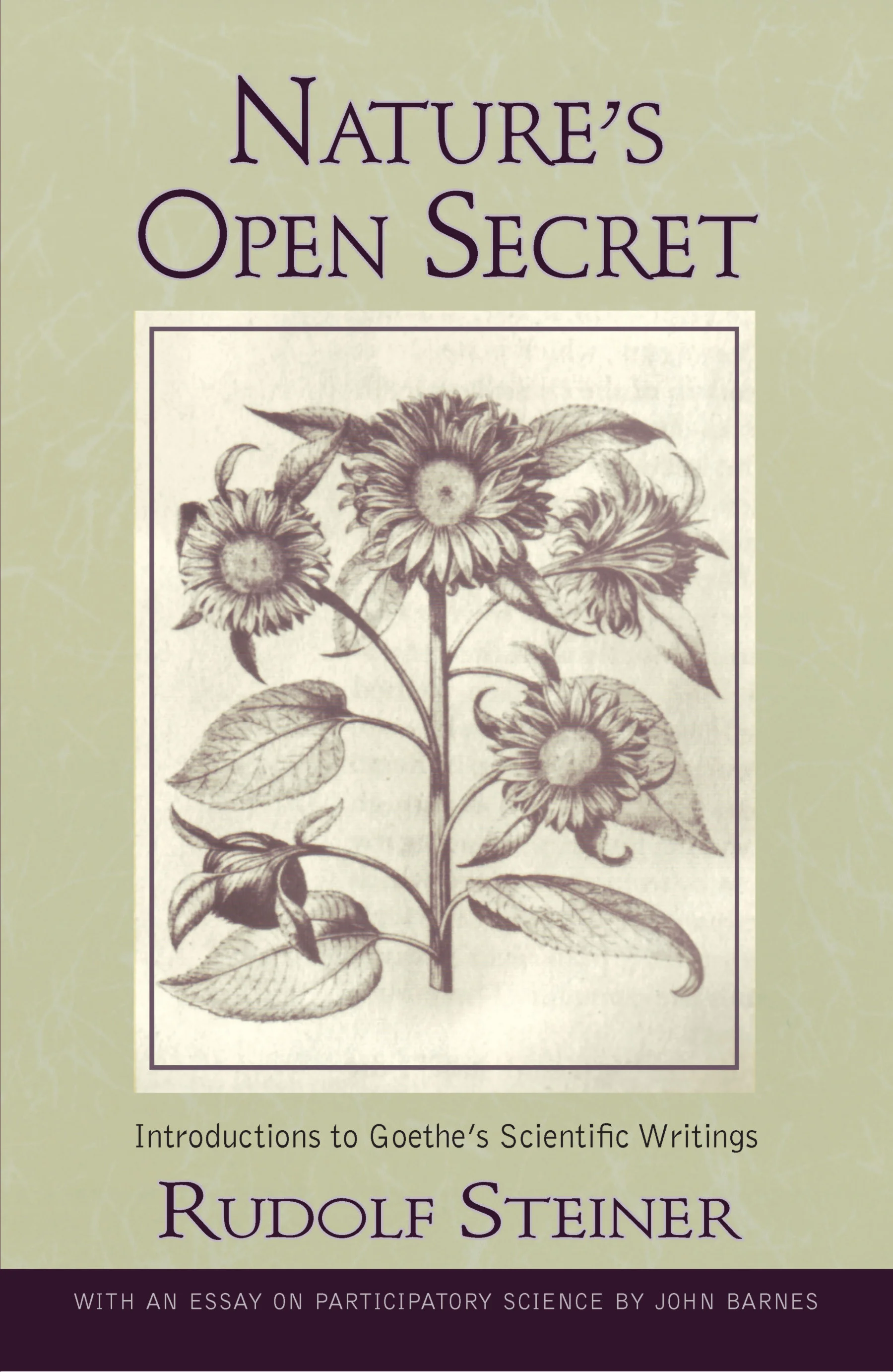The Foundations of Human Experience: Lecture 3 of 14
The Foundations of Human Experience: Lecture 3 of 14
This lecture is part of the collection "The Foundations of Human Experience" by Rudolf Steiner. Steiner (1861-1925) was an Austrian philosopher, social reformer, architect, and esotericist. He gained initial recognition as a literary critic and cultural philosopher. At the beginning of the 20th century, he founded a spiritual movement, Anthroposophy. He is considered the father of Waldorf education, biodynamic agriculture, anthroposophical medicine and spiritual science. A comprehensive view of cosmic laws as a basis for being a teacher. The duality of the human being as the greatest error of modern psychology. The misleading law of The Conservation of Energy; the formation of new energy and matter in the human being. Understanding what is dying in nature through the intellect and what is becoming through the will. How perceiving the I is based in the physical body. Freedom and sense-free thinking. Nature without the human being: the danger of extinction. The function of the human corpse for the development of the Earth. The prevalence of death-bringing forces in the (dead) bones and (dying) nerves and life-giving forces in the blood and muscles. Rickets. The relationship of geometry to the skeleton. Geometry as a reflection of cosmic movements. The human being is not an observer of the world, but its “stage.” The creation of new matter and forces through the touching of blood and nerves. Concerning the scientific method: postulates instead of universal definitions. The entire Collected Works of Rudolf Steiner are available from SteinerBooks.





